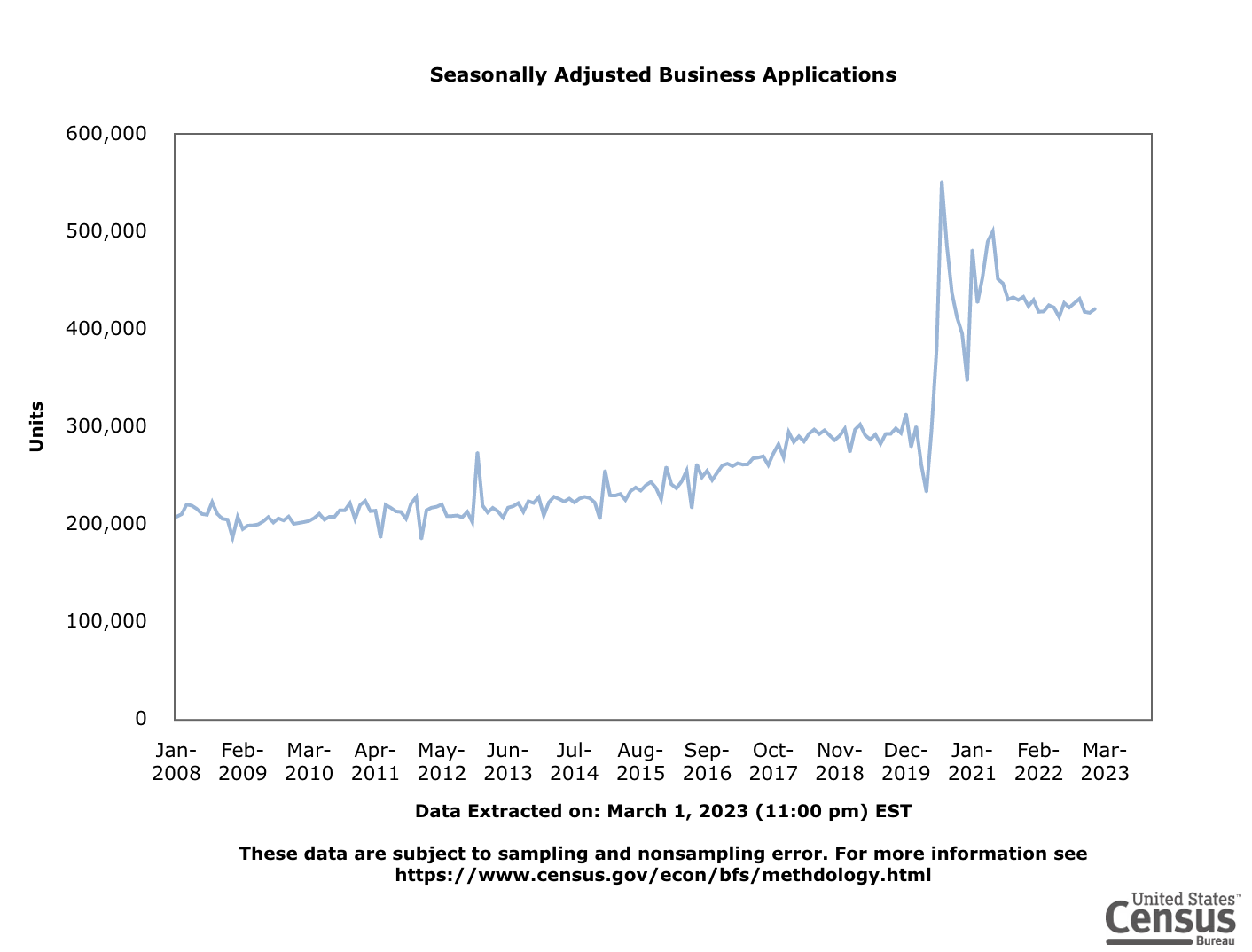If you are an employer in Bowling Green, Kentucky, it is important to be aware of the local payroll tax requirements for businesses operating in the city. These requirements may include registering your business with the city and withholding a certain percentage of your employees' wages for local taxes.
How to Register for Payroll Tax in Bowling Green
Bowling Green, Kentucky Local Occupational Tax License Setup for PLLC, Professional Corporation, LLP, LLC, Corporation
Every person or business entity engaged in any business for profit that must file with the Internal Revenue Service or the Kentucky Revenue Cabinet is required to file and pay an occupational license tax for engaging in such activities in Bowling Green, Kentucky. The occupational license tax rate is 1.85%. You must apply in writing to the City of Bowling Green's Office of Occupational License before starting any business activity.
- Register Your Business
Register your business with the City of Bowling Green by completing the Registration Form.
- Mail Your Registration Form
Mail the completed Registration Form to the Office of Occupational Business License.
Documents and Resources
- Homepage - City of Bowling Green Office of Occupational License
- Occupational License Fees and Taxes (Ord. No. BG2020-23, Chapter 18) - American Legal Publishing



